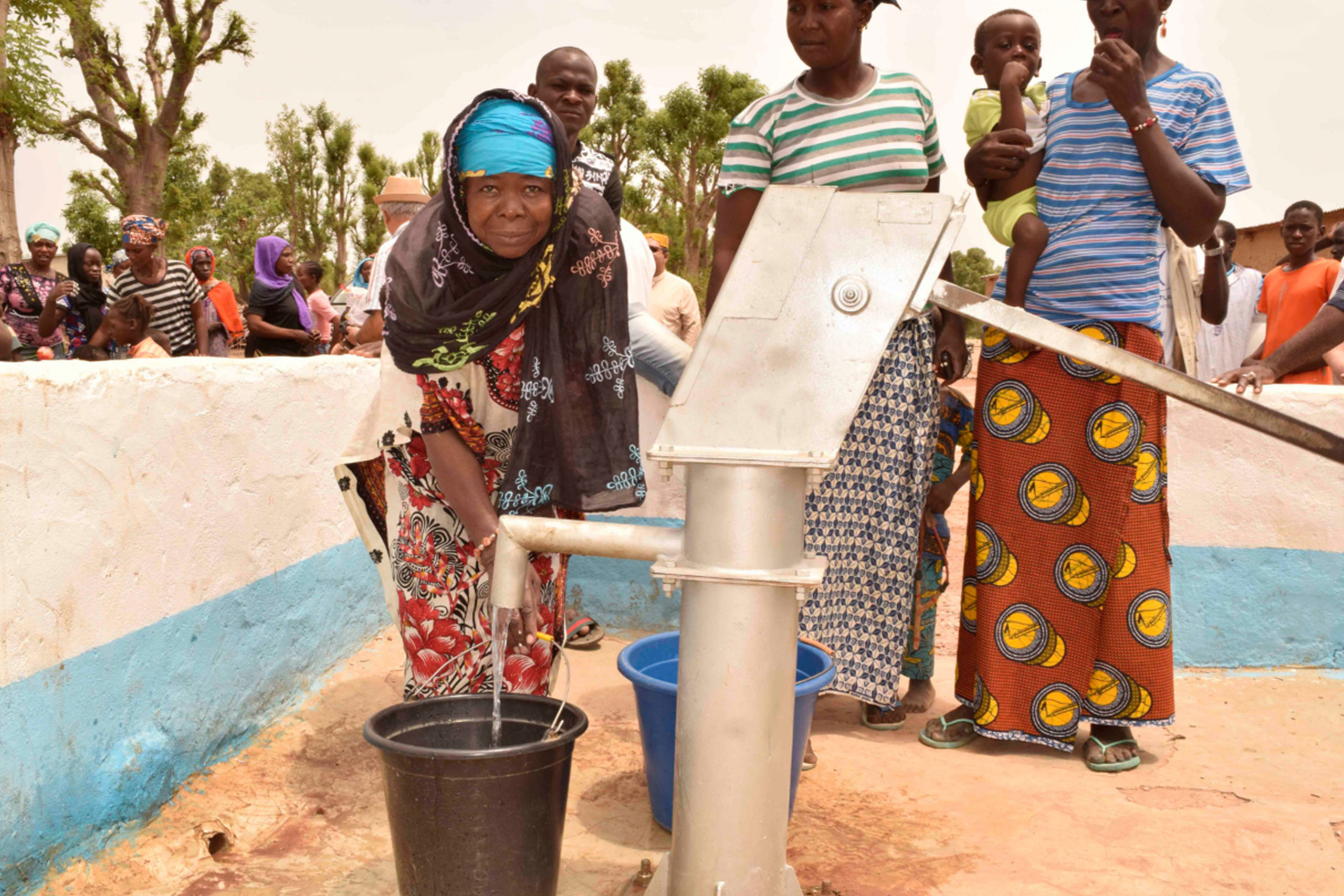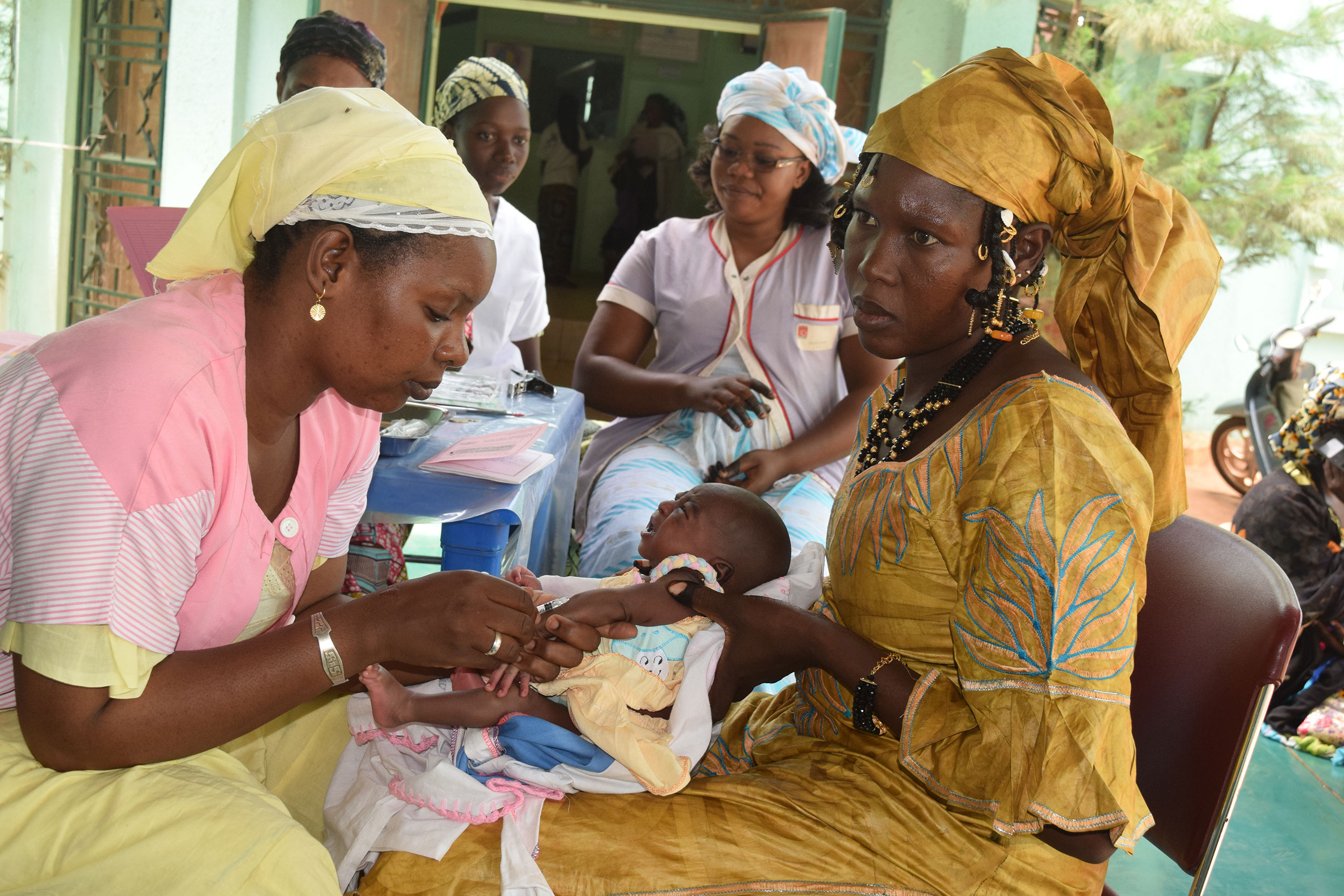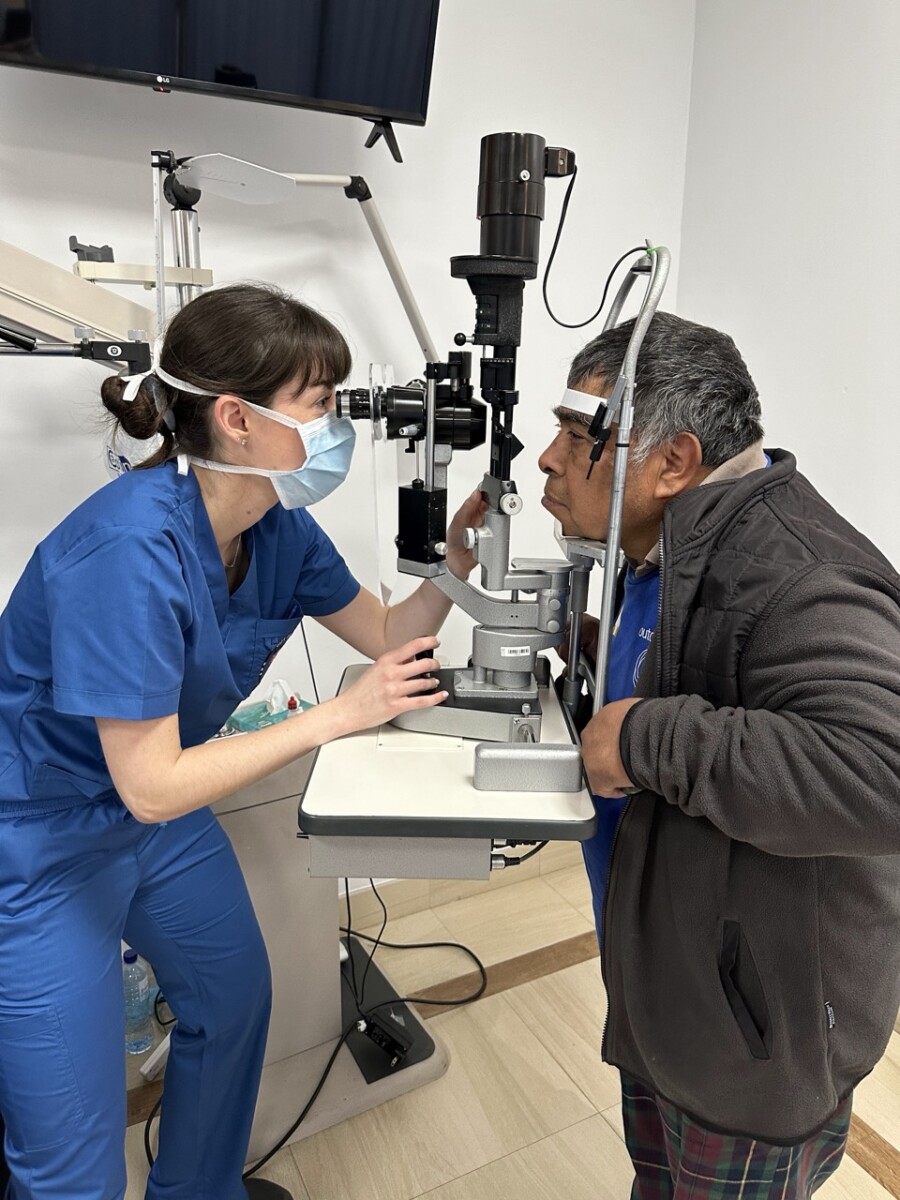Humanity First USA is celebrating our 20th year of service. Join us in becoming 20K members strong!
 Disaster Relief Appeal
Disaster Relief Appeal
Our Mission & Vision
Humanity First USA is dedicated to serving humanity and safeguarding human life and human dignity.
HFUSA is affiliated with the Humanity First International network that can now be found in over 60 countries, all working to improve quality of life for all people.
Learn moreWhat We Do
Humanity First USA works across the globe to help people thrive and flourish. We dig wells for clean water, run eye clinics to help people see, and build schools for life-changing education. When disaster strikes, Humanity First USA is there to help people restore their communities.
Our Impact
Humanity First USA works together with global expertise and local leadership to empower communities to become self-sufficient.
People served since 2004
Years Served in USA
HF Registered Countries
Where We Work
Humanity First global affiliates serve humanity in 63 countries through:
Disaster Relief, Global Health, Orphan Care, Community Care, Knowledge for Life, Water for Life, Gift of Sight, and Food Security.
- ALL
- Water For Life (6)
- Knowledge for Life (9)
- Food Security (9)
- Disaster Relief (10)
- Gift of Sight (4)
- Global Health (7)
- HF Healthcare (2)
- Orphan Care (1)
- HFUSA Offices (1)
- HFHS Offices (1)
Who Is Humanity First USA
The people of Humanity First USA come from all walks of life, and we serve all people.
Student Division
The Humanity First Student Division (HFSD) is the official student auxiliary of Humanity First USA. The HFSD is a platform that provides students with opportunities to help communities and individuals affected by natural disasters, poverty, and other challenges. Those involved with Humanity First USA learn invaluable skills and gain unique experiences that nurture students into tomorrow’s leaders.
Learn more















